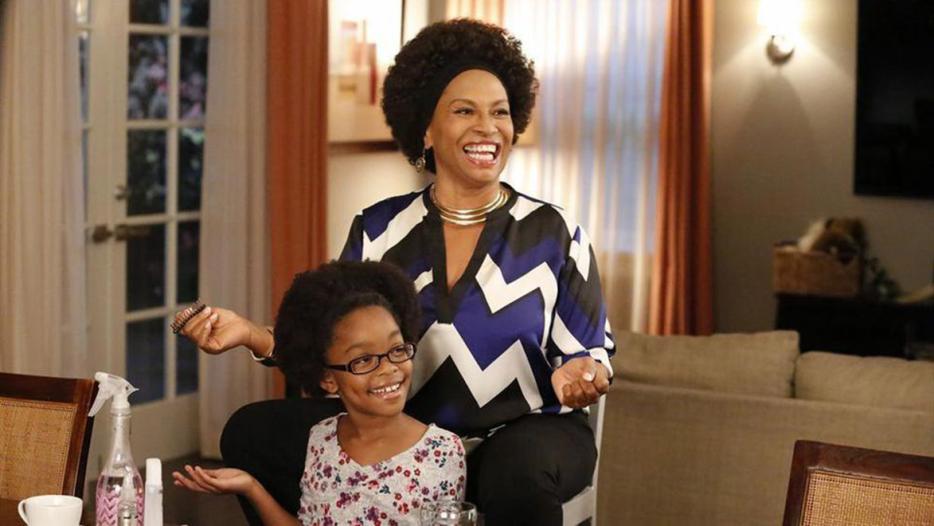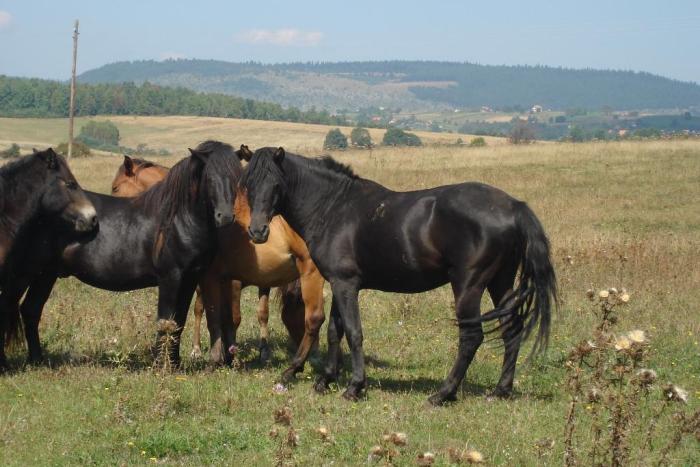What was important to us in 2015? Hazlitt’s writers reflect on the quiet reverberations of the year’s big issues, and the loud ring of its smaller ones.
There is no such thing as an unbreakable comb. I learned this early on, during one of the Sunday evenings when my mom struggled to wrangle and subdue my hair. Sundays were hair days in my house: My mom would sit on the couch and I would sit on the floor, her knees occasionally holding me still while I squirmed and yelped, as she combed, detangled, and twisted my hair into thick braids. She bought combs that were labeled “unbreakable,” but I’d sometimes find the teeth stuck in a thicket of my hair, or hear the comb snap in half completely. It was mostly a pointless exercise; the braids wouldn’t last more than two or three days before I haphazardly undid them during class, arriving home with a wild, nappy, sort-of-afro that would often collect fuzz and falling leaves.
During these Sundays, my mom quickly learned that one of the ways she could keep me relatively still was to make sure that the television was on and loud. Like any person who grew up with television as a babysitter, in adulthood I tend to turn to fictional characters during any change or big moments in my life. And in 2015, it was like natural hair was suddenly everywhere. All year, Tracee Ellis Ross’ beautiful locks were on my screen in Black-ish. In February, Zendaya posted an eloquent response to the negative comments surrounding her locs at the Oscars; later that year, she got a Barbie doll featuring that “controversial” hairstyle. In September Taraji P. Henson got rid of the wigs and extensions for a photoshoot where she donned natural cornrows and Viola Davis gave one of the most powerful speeches in Emmy history while rocking an enviable short ‘fro. This rise in natural hair wasn’t subtle either; over the summer, Starz’s underrated Survivor’s Remorse opened its second season with a storyline in which Missy (Teyonah Parris) decides to ditch the relaxer and instead transition to natural by chopping off her hair and starting over.
*
I loved my hair until I was told that I shouldn’t. I wasn’t told this explicitly, but the message came across clearly from non-black classmates, from the black women on television who had magical flowing locks, from the teacher who said my hair was “unruly,” from the neighbor kid up the street who told me that her mother said she wasn’t allowed to play with me because my hair was dirty. This was something I heard often: thick hair was dirty, knotty hair was dirty, hair that didn’t sway and fly in the wind was dirty, braided hair was dirty, natural hair was dirty. I could shampoo and condition my hair for hours but the second it dried to its normal state it was suddenly dirty. I was too young and too naive to know that this was all coded racism, that these white adults didn’t so much have a problem with my hair itself but what it represented: that I am black and therefore lesser than them, unwelcome in their classrooms or in their daughter’s roster of friends.
I had to get rid of all the self-hating and negative connotations surrounding natural hair that had been ingrained in me throughout my life.
Once I “learned” that my hair was Not Acceptable, I became obsessed with changing it to make it Acceptable. It’s no coincidence that the year I killed my braids was the year I switched from a school in a town that was 59% black to a school in a town that was 19% black. I was the minority, in every sense of the word, and I didn’t want to be. I chemically straightened my hair, making it temporarily silky-ish and shiny-ish and—here’s the kicker—it moved when I gently shook my head. It would never last. I was terrible at taking care of relaxed hair, because as much as I wanted to fit in, my laziness trumped all. It would soon go back to its nappy state—except thinner, shorter, and drier. The chemicals, particularly the lye, were too much for my hair and it started to break off. But I continued to do it every once in awhile, switching to relaxers without lye, and relaxers designed for sensitive scalps and children. Then I stopped using chemicals and started using blazing hot straighteners and blow-dryers, obsessively trying to straighten every strand while ignoring the smell of burnt hair and the strands that would fall out all over my pillow in my sleep. In trying to “fix” my hair, I broke it.
*
This year, as I covered my hair in straightener products and regularly tried to use heat to iron it stick-straight, I watched these women on television—and watched black women in my own life, and on Twitter—embrace, document, and celebrate their natural hair, and I knew that I could do the same. But I had to first get rid of all the self-hating and negative connotations surrounding natural hair that had been ingrained in me throughout my life.
The last time I used my straightener was New Year’s Eve. After spending the entirety of college “joking” that I would never, ever be a bridesmaid for anyone but Cara, one of my best friends and a former roommate, she got married and I had to shove myself into an actual fancy dress and tame my hair. Granted, she never asked for me to do anything with my hair—she knows my tomboy qualities better than anyone, and was cool with me skipping the hair-and-makeup session in her suite to instead drink champagne and talk wrestling with friends in another room, showing up to the photos with nothing on my face but Chapstick and dirty glasses. But insecurity crept up, as it often does, especially surrounded by so many beautiful friends and aware, as you always are, that you are the only black person in the wedding party. So I attacked my hair with the hot straightener, trying to get it as straight as humanly possibly even though I knew I would likely nervously sweat out the heat before the reception even started. It was fine. It looked normal. It even moved, a little, when I drunkenly danced while counting down to 2015 and celebrating the happiest I’ve ever seen my best friend look.
Transitioning was not a conscious decision at first: I simply came home the next day, wrapped my straightener up with the cord, and put it at the bottom of a plastic chest of junk drawers. I didn’t stand up and claim this would be my Year of Natural Hair, the year I stopped applying strong chemicals and too much heat, the year I would let my hair grow instead of frustratingly hacking at it when I was too intoxicated and full of insecure self-hatred, the year I would spend collective hours in “ethnic hair care” aisles around various New York City drugstores trying to find the perfect product for transitioning, or the year that I would, simply, stop giving a fuck about what other people—of any race—thought when they looked at the mess on my head.
*
When I actively realized what I was doing, when I looked at my ridiculous reflection in the mirror one morning, it suddenly made me nervous. I wondered if people would start to think I was “dirty” again, if my friends would make fun of the in-between stages of half-nappy, half-dead, hair where every strand is a different length, if my white partner would secretly dislike walking around with me. These were all stupid fears—I am surrounded by loving and positive people who support me even when I loudly groan at them for being so white—but they were fears I couldn’t shake because childhood peers’ derision echoed in my head.
But I forced it. I switched my obsessive focus from hair straighteners to Shea Moisture products. I deep conditioned my hair underneath a cap once a week while dancing to bad punk music in the shower. I grabbed handfuls of the thinner, completely destroyed-by-heat strands of hair and cut them off with the kitchen scissors while standing in my bathroom. I let my hair dry naturally even as it shrank into tiny and impenetrable knots. I combed it out into a lopsided attempt at an afro, I braided it and then unbraided it into a mess of curls. I stopped being embarrassed about sleeping in a silk wrap while next to someone. I managed, somehow, to put it in a ponytail. But mostly: I left it alone. No chemicals, no heat, nothing but shrugging it off.
As I’m nearing a full year of this, it’s still hard. My hair is still not as long as I want it to be and it’s still so damaged by about fifteen years of destruction. I still find myself wondering if I should go back when an elderly white woman on the subway glances at my hair and wrinkles her nose in disapproval, or when I have a job interview and I worry they’ll deem my hair too unruly or nappy and therefore unprofessional. And I still don’t know what the hell to do with it on most days, so I just do nothing. Still, I’m sticking with it. In most of my life, I’m a nervous and anxious creature, someone who is rarely strong or secure enough to do the things I actually want to do; the least I can do is let my hair do whatever it wants.






